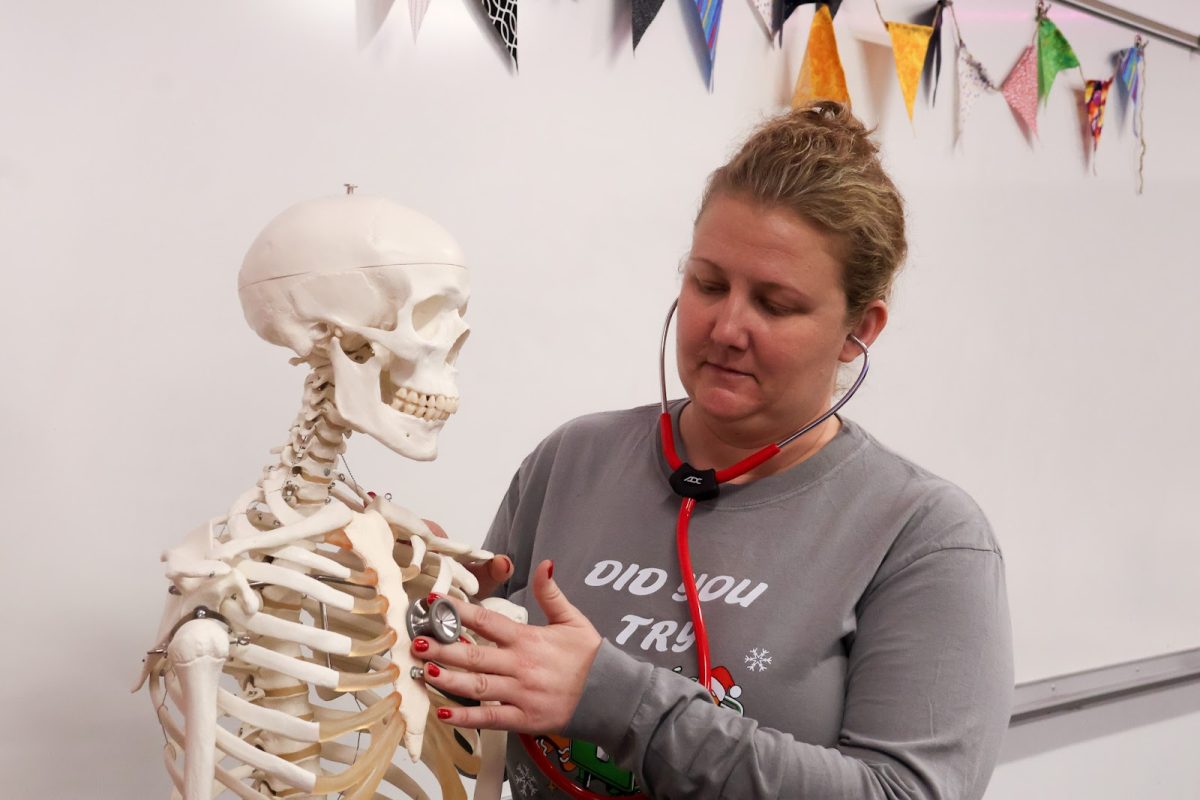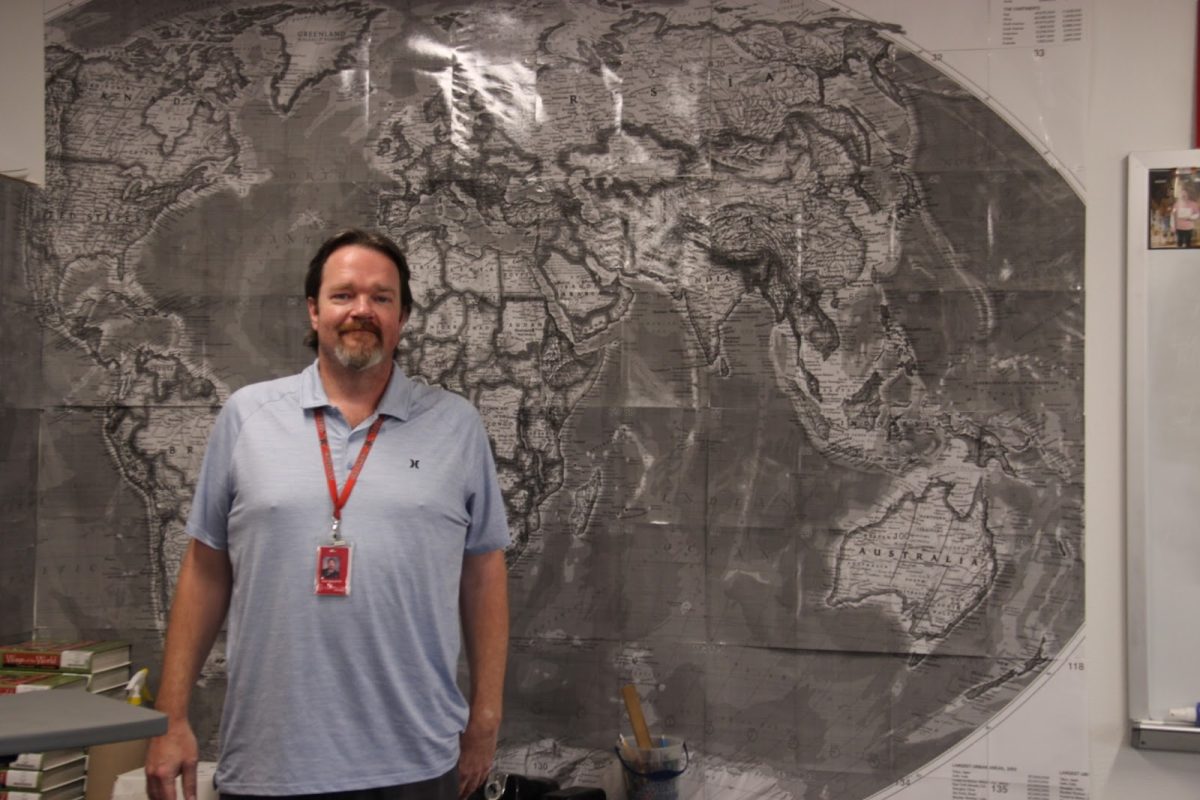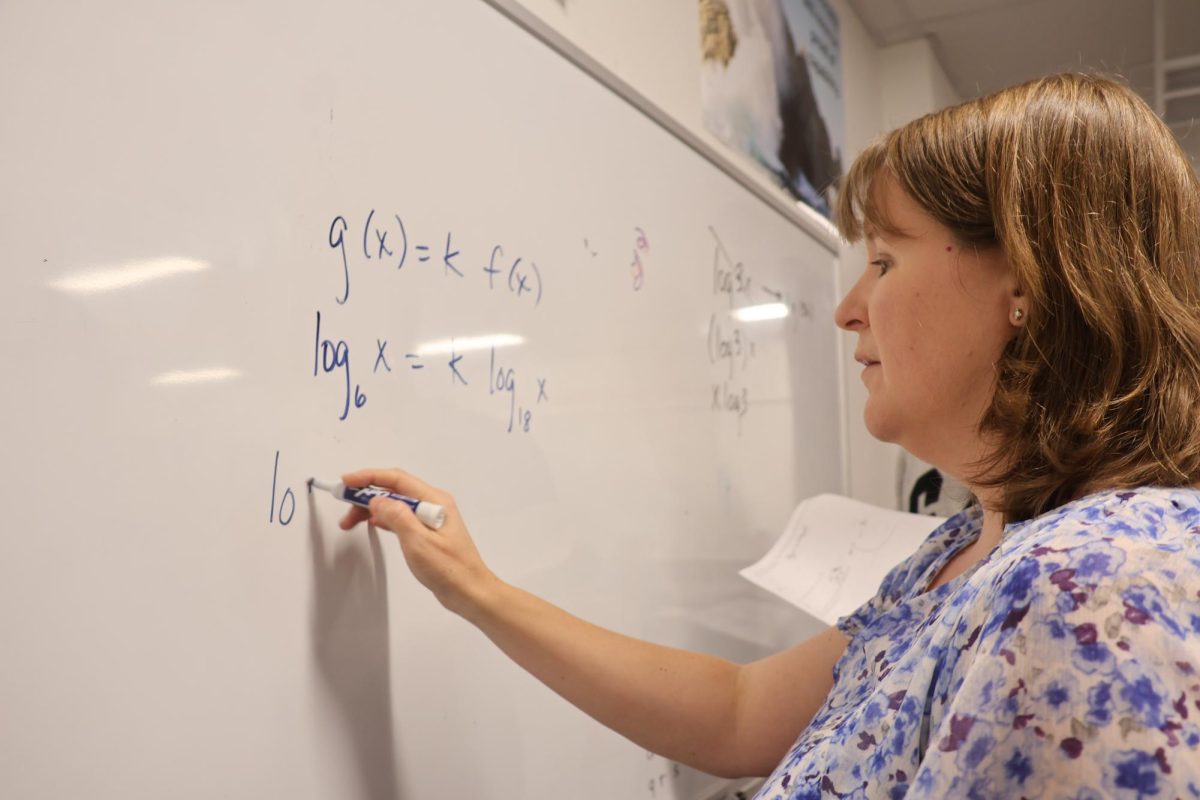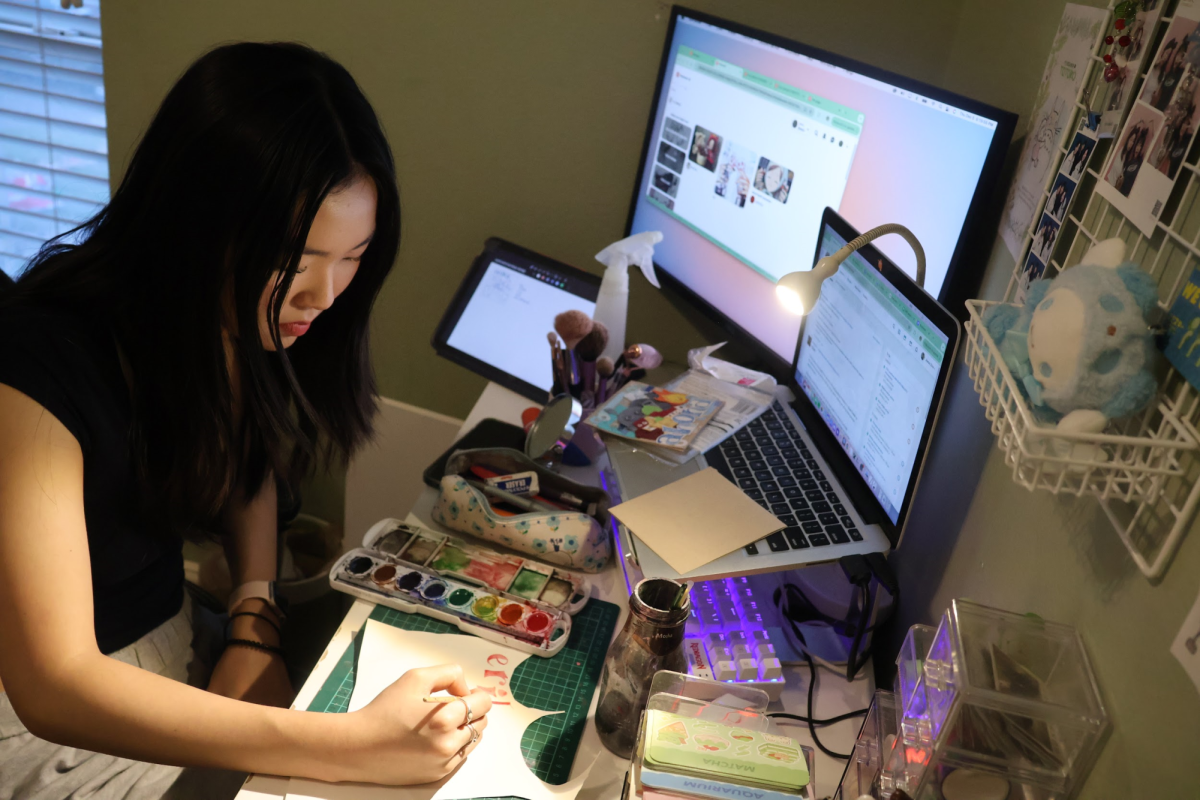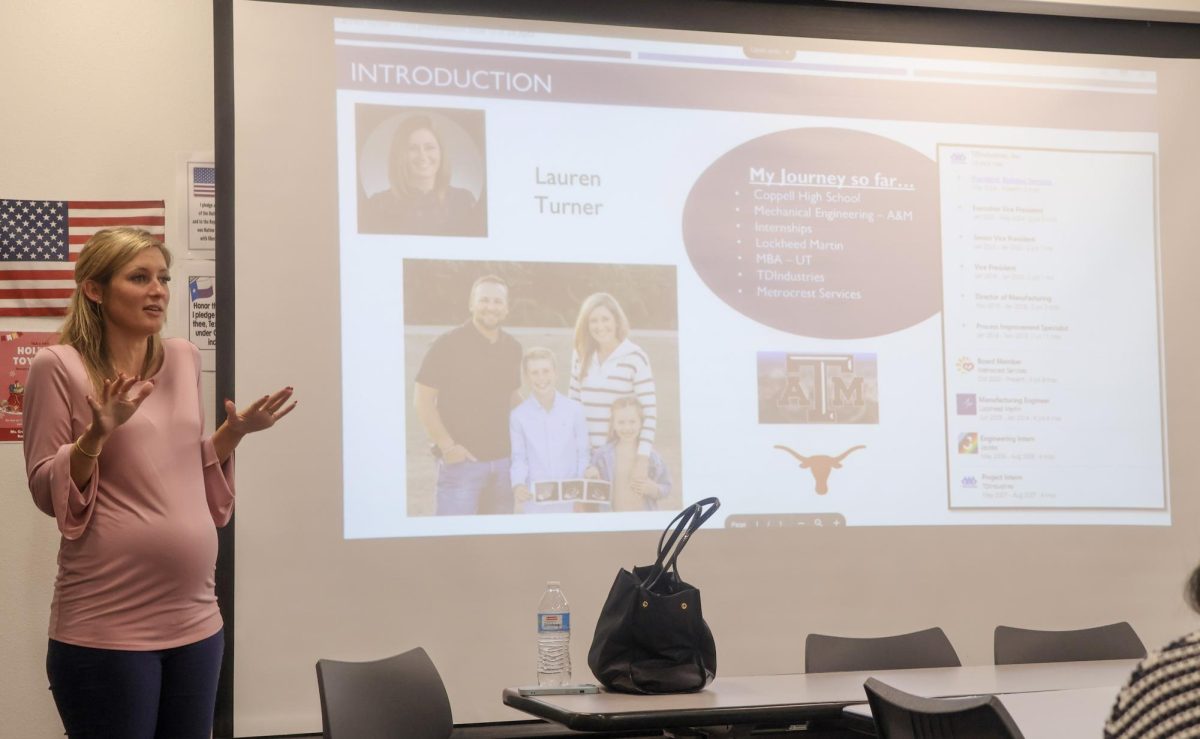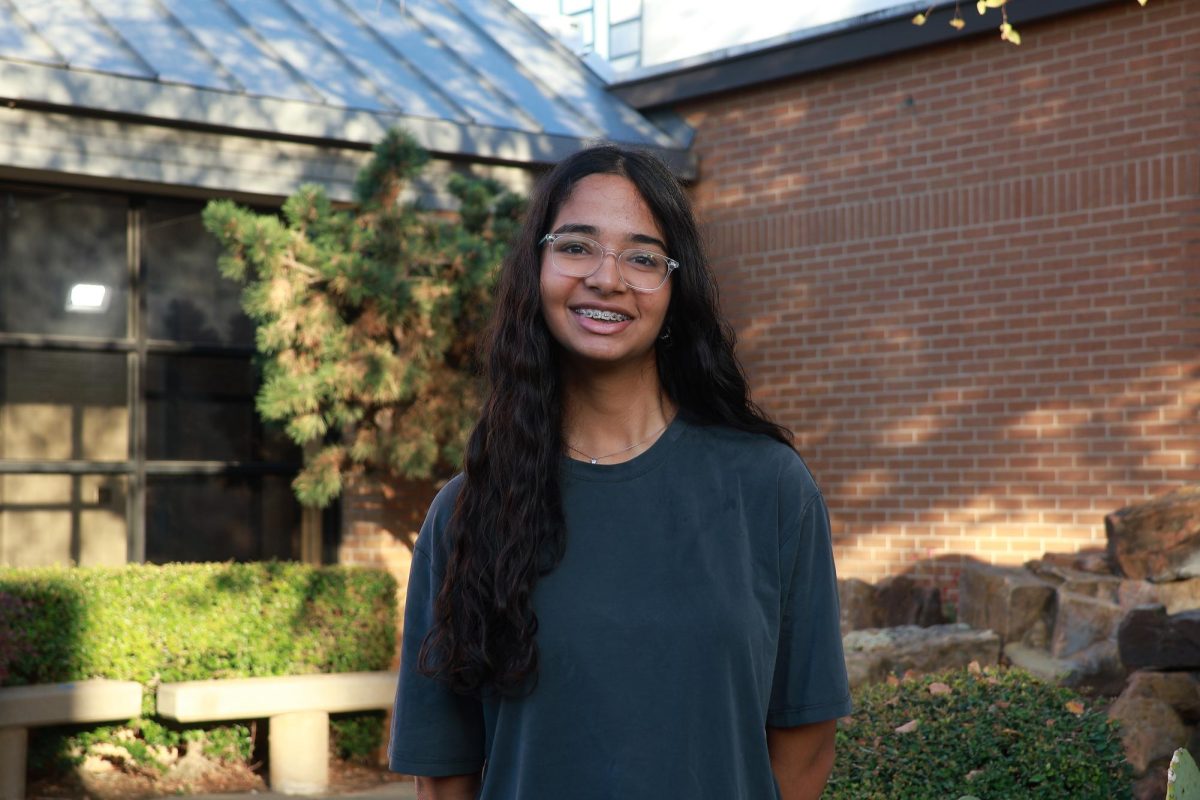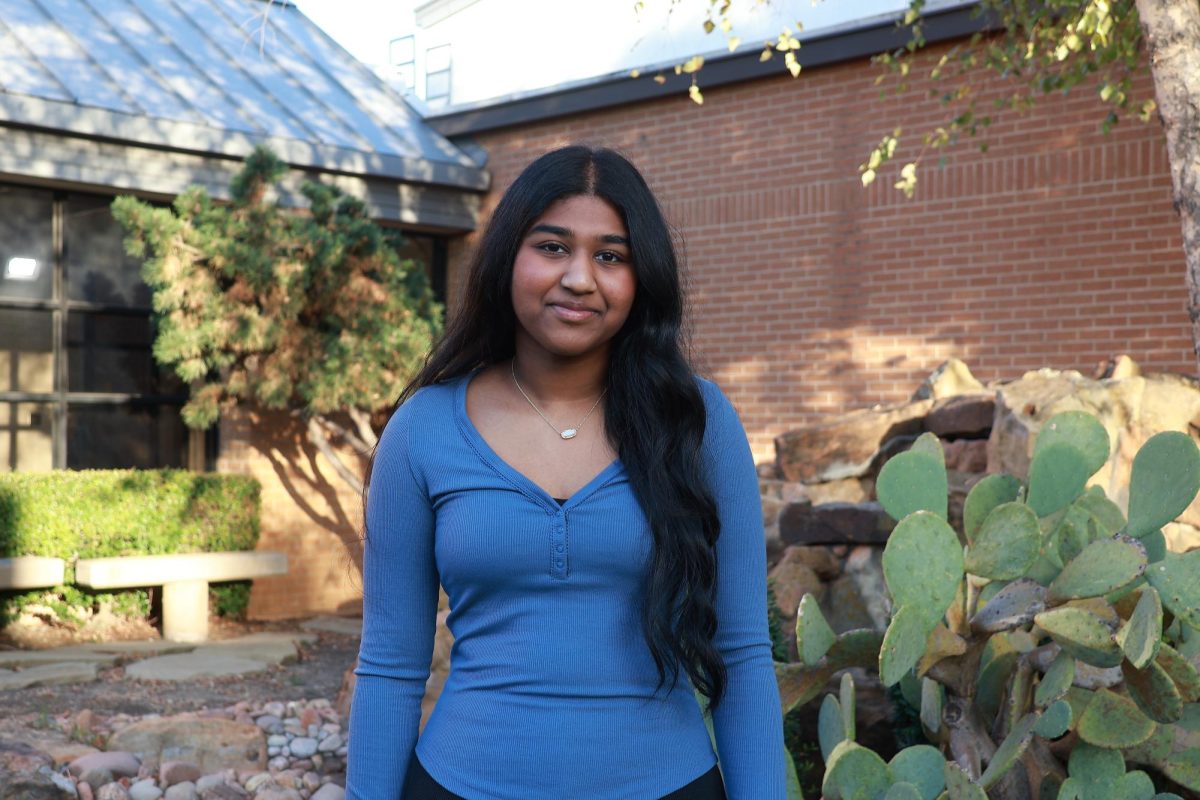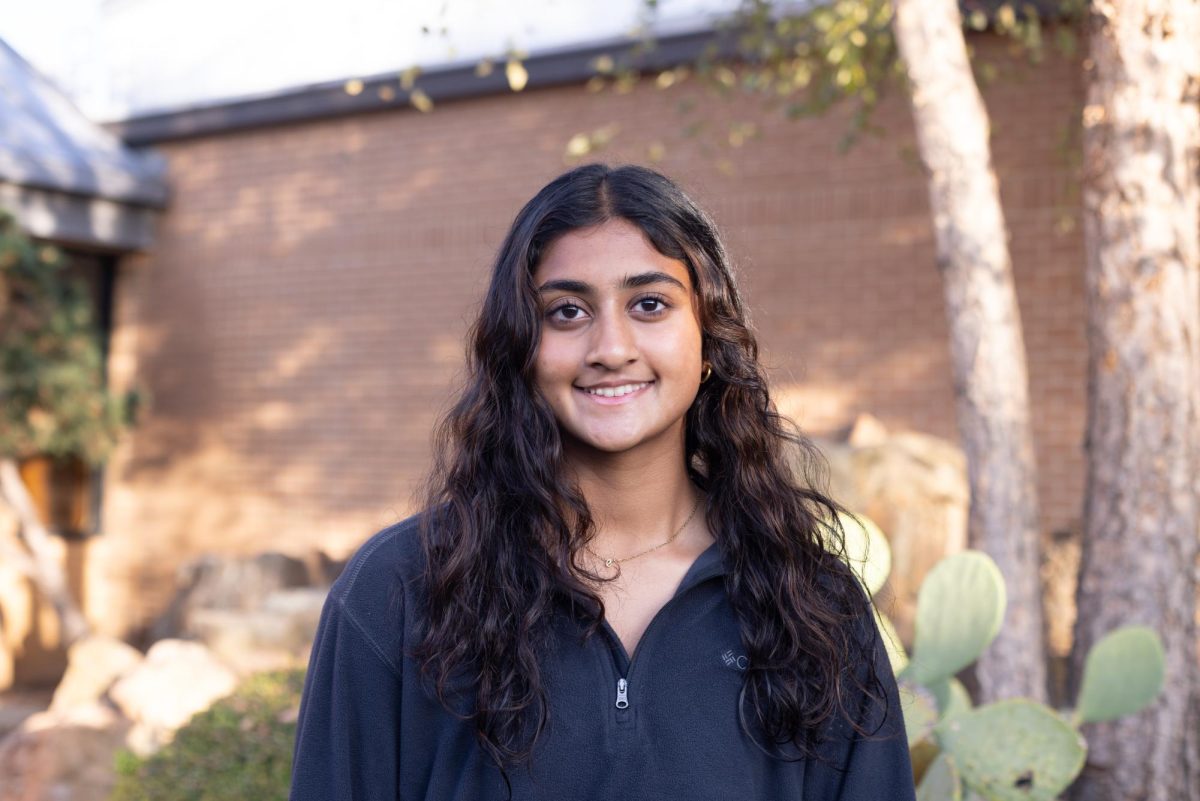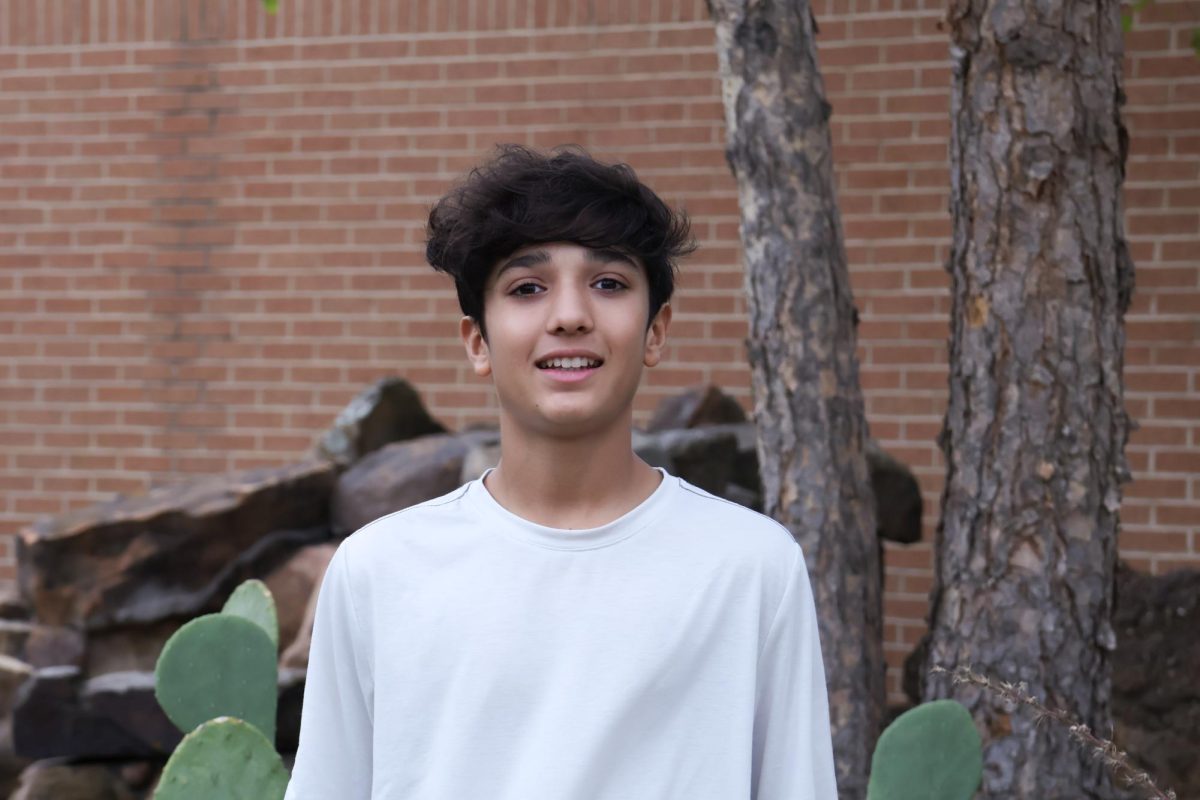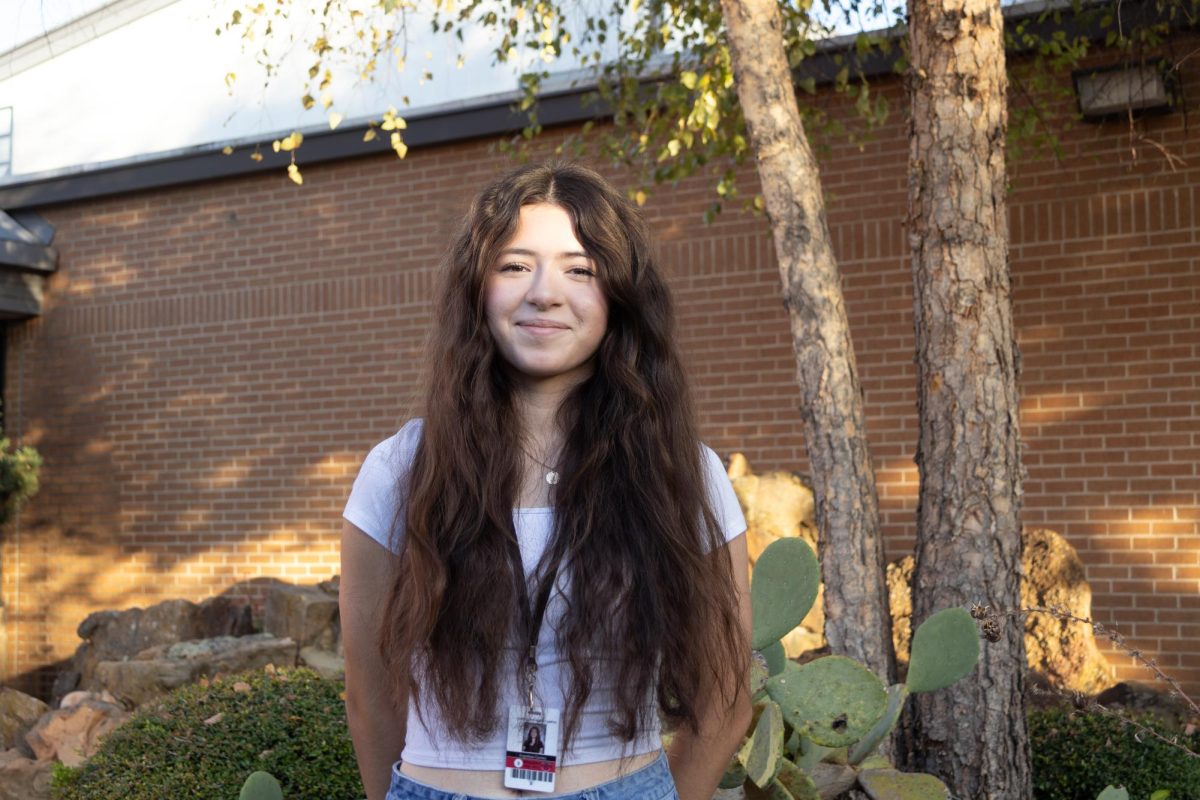By Shruthika Pochampally
Staff Writer
@shruthreddy
In the past decade there has been a rise in the utilization and impact of social media, both globally as well as locally in Coppell. The inability to closely track a young student’s internet usage has had an adverse effect on the community as a whole.
According to Coppell High School student resource officer Trevor Grisso, students from grades as young as the sixth grade have negatively impacted their peers through technological methods.
“We’ve had kids put on Facebook that they were going to come to school and harm another student or harm themselves,” Grisso said. “Of course we are getting calls and we have to investigate and pull the kid out of class and find out what’s going on.”
At the high school level, the situation is more complex. While the district takes measures to prevent inappropriate activity online, it is difficult to track a student’s activity at home, school and away from watchful adults at all times.
Coppell Fight Club is run by a group of anonymous local boys who have planned and conducted “fights” purely for self-gratification through the use of a private Twitter account. These events have occurred behind the Coppell Aquatic Center, and the Coppell Police got involved at least once, if not more often.
Through a phone number that can be accessed once accepted into the Fight Club Twitter account, meetings can be organized to “fight” with other CHS students.
Once accepted into the Twitter account, users can also get access to fight club photos, videos and Vines showcasing Fight Club’s latest events. With a few simple actions, the individual or group of individuals behind the account can give a Twitter user complete access to their unauthorized activities.
“I cannot do anything if it is happening outside of school because I have no jurisdiction as far as what goes on out there,” CHS assistant principal Sean Bagley said. “But as a result of that happening outside of school, we are arguing in school now, and maybe it leads to a fight in some cases. Now, I can go back and act on the postings that happened outside of school because [the issue] has been brought into the school.”
Another example of such behavior is the Coppell Confessions and Coppell’s Hottest Twitter accounts.
The Twitter accounts, owned by anonymous CHS students have been utilized to post information Directly Messaged to the account about “confessions” or gossip about Coppell students. Generally inappropriate and often resulting in conflict, these accounts are usually ‘reported’ or ‘blocked’ enough to be removed from the social media sites but they always seem to be popping up again with new usernames or find alternative outlets just when everyone thinks they have died down.
The CHS administration plays a role in alerting social media sites about the inappropriate activity being conducted on an account, along with students who are personally victimized by the account.
“We will get tips now and then about [gossip social media accounts] and as soon as we do get tips, we try to follow up and report [the account] that we feel is an inappropriate abuse,” Bagley said.
Yik Yak is an app on which students can anonymously post nearly any gossip or hate, and those who agree or disagree can like or dislike respectively. Originally created for college students to share their escapades, Yik Yak became popular among many high school students last year as it served as a mask for those wanting to talk negatively about their peers. The ability to be completely anonymous on the Internet gave more students the confidence to spread rumors and gossip about the latest news on high school relationships and fights on this app.
Taking the misuse of social media to a new level is the Apple app, Gaggle, which is well-known for its nature of allowing photographs to delete off of a device within seconds of being sent by the owner. Yet again, the anonymity feature of this app played a large a role in the influx of people who participated in such unacceptable behavior.
Bagley said the distribution of iPads does potentially increase the number of opportunities available to misuse technology.
“One of our biggest goals at the beginning of every school year is to talk about digital literacy and digital citizenship which is the appropriate use of technology,” Bagley said. “If [we] put something in your hands, as an administration and as a district, we feel it is our responsibility to tell you how to not use [it] inappropriately.
The misuse of social media is no longer a petty high school conflict. Select college admissions committees and job recruiters care about a student’s social media presence, because it says a lot about the person, according to Oklahoma State University College of Education coordinator Meredith Shepard.
“We have a social media specialist who looks for certain hashtags on social media,” Shepard said. “We do not specifically monitor students’ accounts for admissions but we do for individual groups.”
She also implies that although OSU does not specifically monitor social media accounts for admissions, other colleges might.
While most admissions committees do not have the capacity to monitor every student’s Facebook, Twitter and Instagram on-campus organizations and more selective colleges do make sure to review a student’s online activity.
“If a student is applying to be an ambassador and I saw something [unethical], they would not get an interview because as an ambassador they would represent the school,” Shepard said.
With the transfer from one social media site to the next, the amount of people active on social media has also increased. Whereas MySpace was popular amongst teens and rising musicians only, Facebook is used by teenagers and parents alike, and Twitter has taken it a step further by providing teachers, administrators and school organizations a place to express educational developments, homework updates and district-wide announcements.
At Coppell High School, many teachers have their own twitters, CHS Principal Mike Jasso has a Twitter, along with several district leaders and school board members.
Technology and social media has had profound impacts on the way students learn and grow. But as in most situations, the situation does not come with its fair share of problems.
Disciplinary consequences students receive for their poor choices online can have a variety of intensity, according to Bagley.
“Punishment can start off as something as little as a slap on the hand all the way to being removed from CHS and sent to our alternative program,” Bagley said. “We’ve had a various range of these where students could end up going to In-School-Suspension because of such issues, or go to Compass. If there is the abuse we will deal with it.”
In a school with thousands of students, it is difficult to quell every rumor, foul-word and act of jealousy that occurs and with Internet expanding in its capabilities and the community receiving increasing access to technology, it goes without question that the harmful situations a student can be placed can have an adverse effect on their adolescence.
When asked what may lead students to act viciously on the internet, CHS counselor Sharron Thurkill said that students lose responsibility when they go online.
“It is really about people’s character and their integrity,” Thurkill said. I think if somebody has good character and good integrity, it doesn’t make any difference where you put them.”
The school has an elaborate technology usage policy it implemented this year and also spent the first five days of school training students on proper usage of technology and its consequences. The policy emphasizes a “safe and secure digital environment” and warn students of the implications of abusing their freedoms.
The policy also warns students from “attempts to access, alter, interfere with, impersonate, or damage personal accounts, network configuration, security, or passwords without written permission from the CISD Technology Department” or “creating, sending, or participating in posting electronic messages or communications that are abusive, profane, obscene, sexually oriented, threatening, harassing, damaging to self or another’s reputation, or illegal, including cyber-bullying and ‘sexting’”.
Furthermore, for the 2014-15 school year, more apps and sites have been blocked than ever before. CISD Technology Support Specialist Martha Best said that mature, inappropriate or unnecessary pages can be blocked through a process called content filtration.
“This was initiated by the Coppell Parent Advisory Group on Technology,” CHS Technology Integration Specialist Shalone Willms said.
Through these restrictions via the district network and subtle monitoring of online situations, Coppell hopes to minimize the harmful effects of abuse and integrate the safe use of technology for its students.





